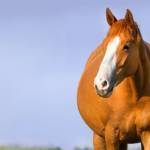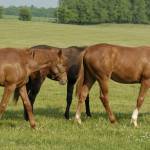Health
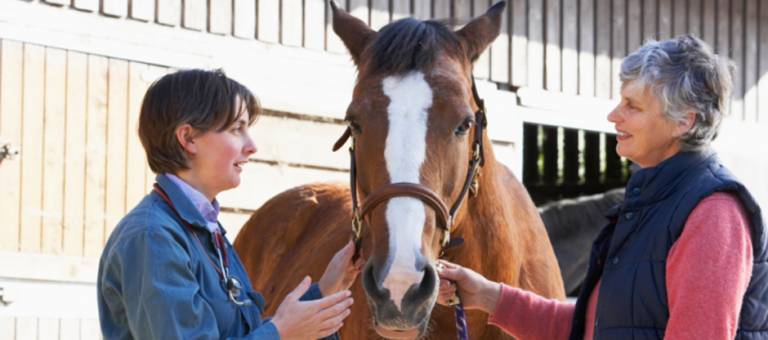
February 08, 2010
Navicular Disease Treatment Benefits From Smaller Endoscope
Veterinarians at the University of Milan in Italy have used tiny endoscopes (2.7 mm in diameter rather than the
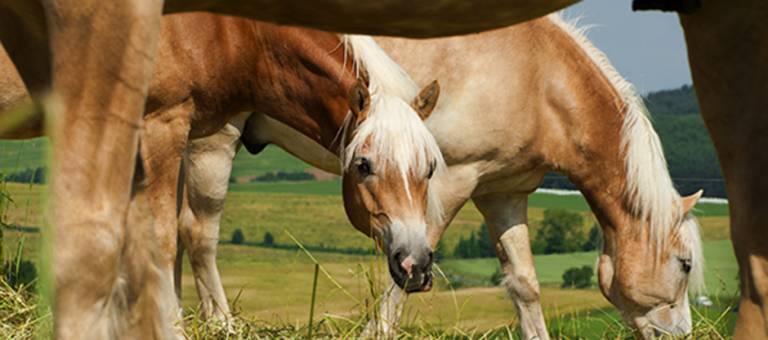
February 03, 2010
Poisoning by Common Pasture Plants
Unless plenty of appealing hay is provided as safe grazing diminishes, horses will sometimes sample toxic weeds and plants
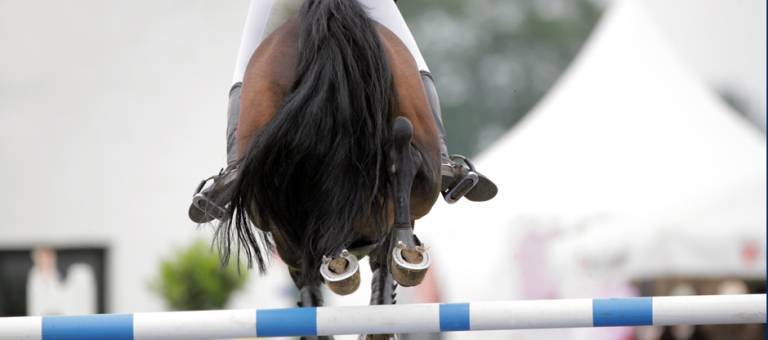
February 03, 2010
Many Events Increase Equine Stress
Older horses showed less stress than younger horses in situations like horse shows, probably because of familiarity with the
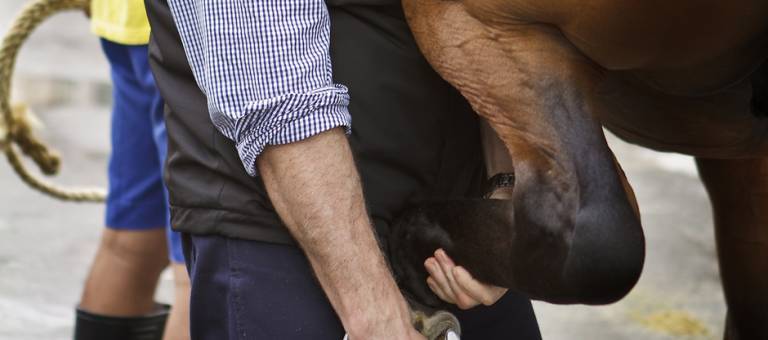
February 03, 2010
Flexion Test is a Tool, Not a Guarantee
Because results have been shown to be influenced by a horse's age and workload, a flexion test should be
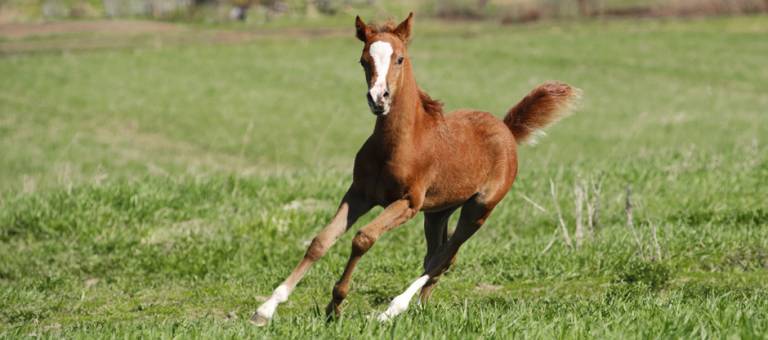
February 03, 2010
Reducing Risk of DOD
A study in France looked at 401 foals from 3 breeds on 21 farms for the incidence of developmental

February 03, 2010
Rotary Gallop May Be the Fastest Gait
There is some evidence that the rotary gallop is somewhat faster for horses than the transverse gallop, and the
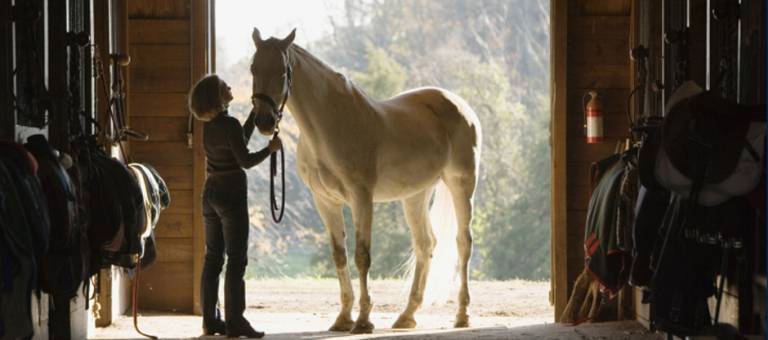
February 01, 2010
Horse Management: Beyond the Basics
Horse owners need to make sure their equine charges have adequate pasture and/or hay; supplemental feed as required to
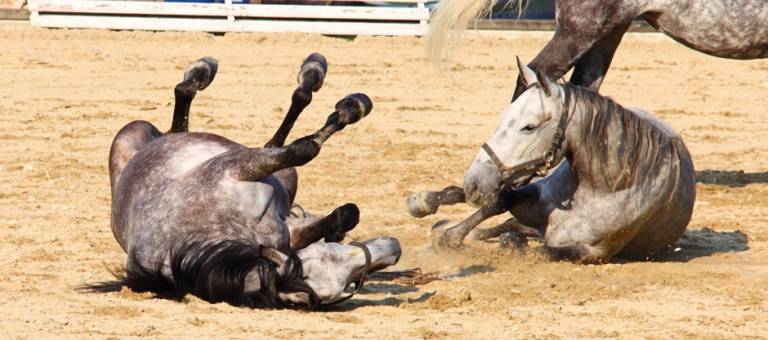
February 01, 2010
Equine Recurrent Colic and Allergies
Health problems tend to crop up in horses that have been around for several decades. Recurrent colic, excessive gas,

January 27, 2010
Equine Diseases: Alphabet Soup Simplified
Equine diseases, conditions, or problems are frequently referred to by their initials.

January 27, 2010
Disease ABCs: Anthrax, Botulism, Corynebacterium
Although the causative bacteria are naturally found in the soil and exposure is an everyday occurrence, most owners will




